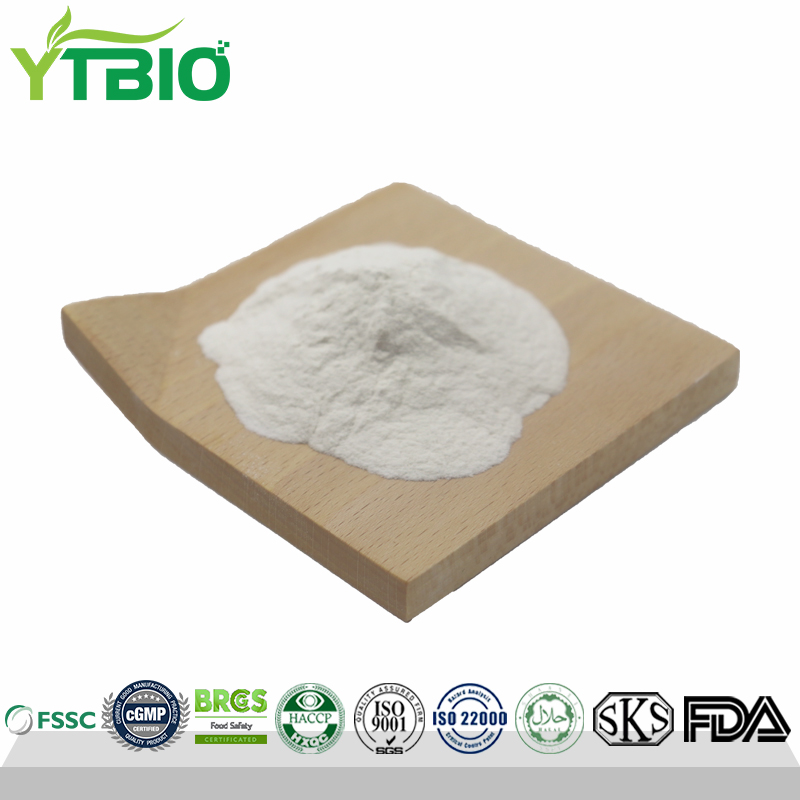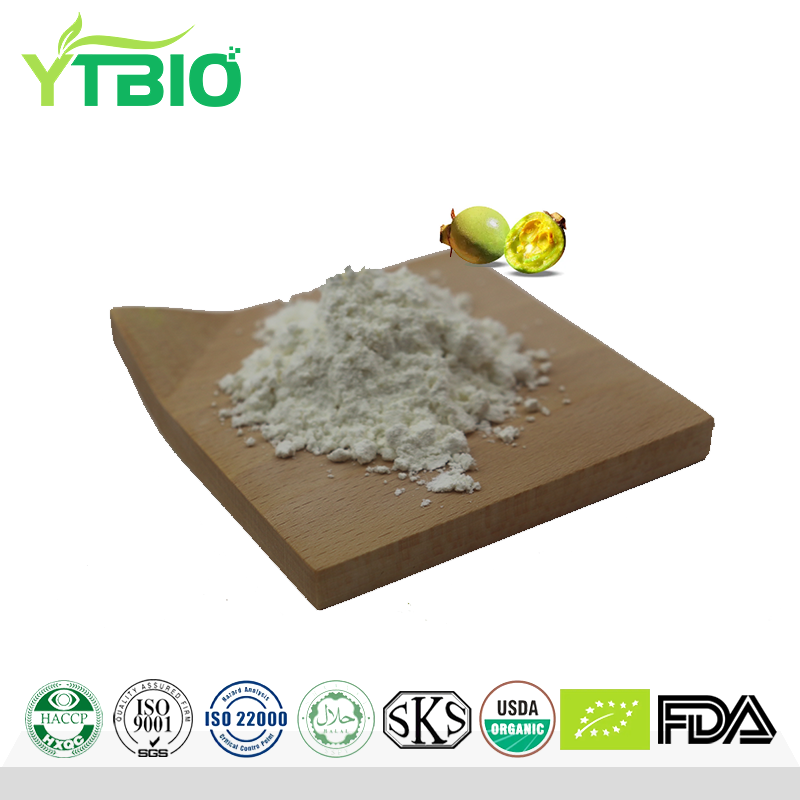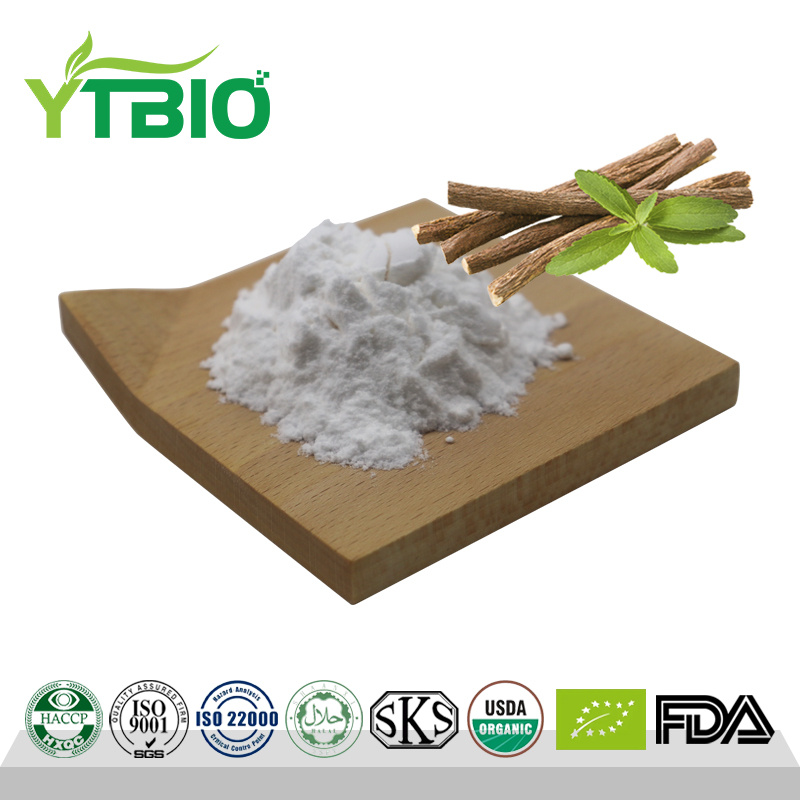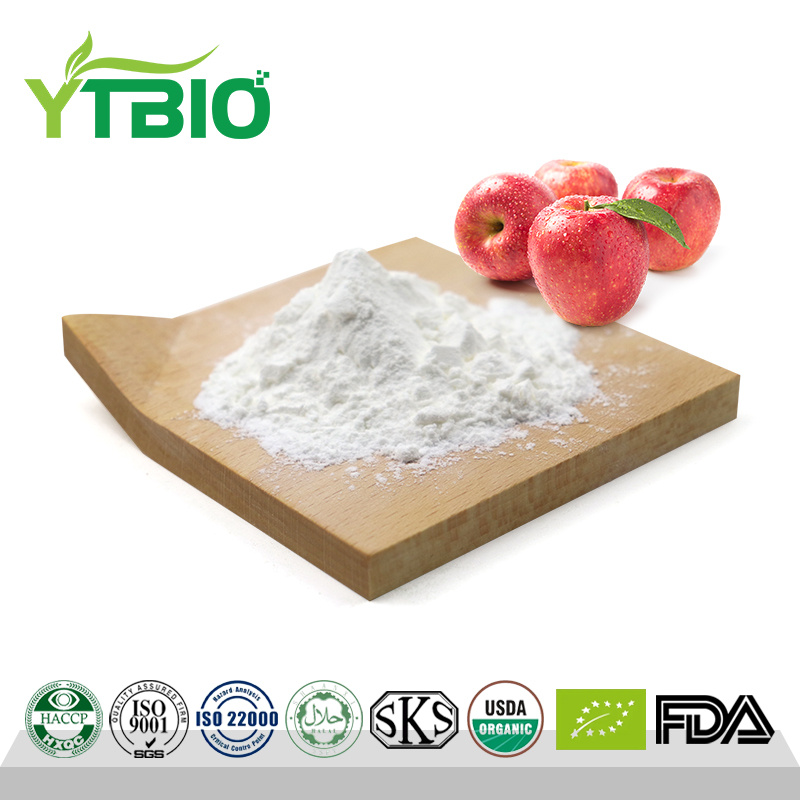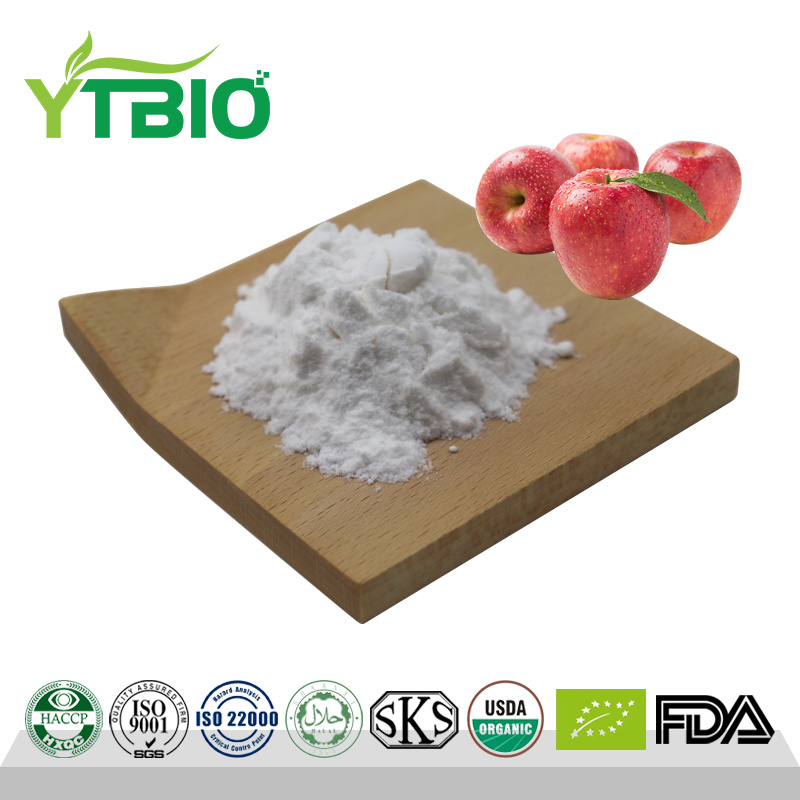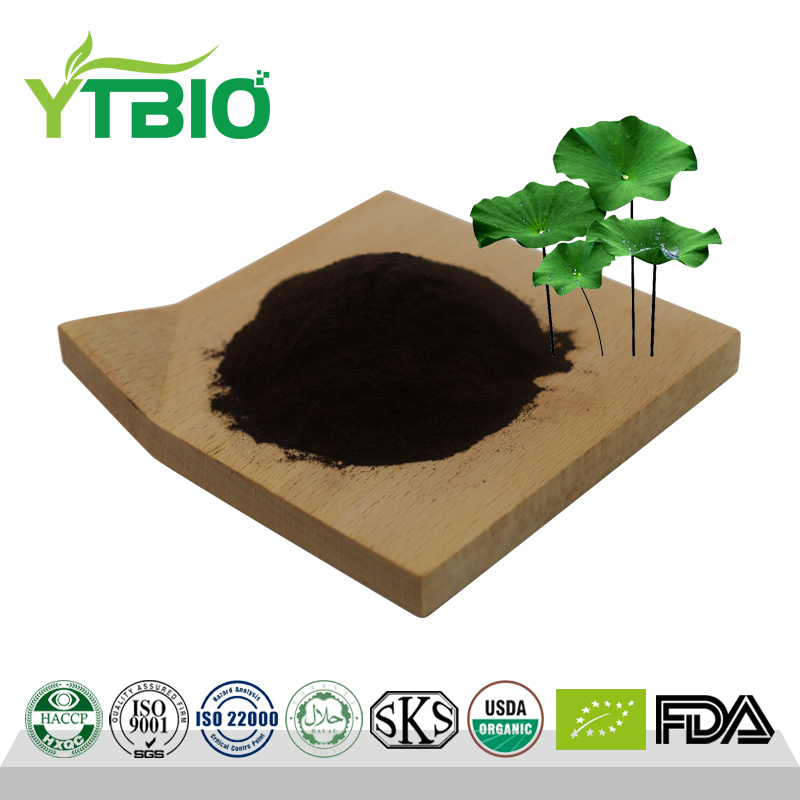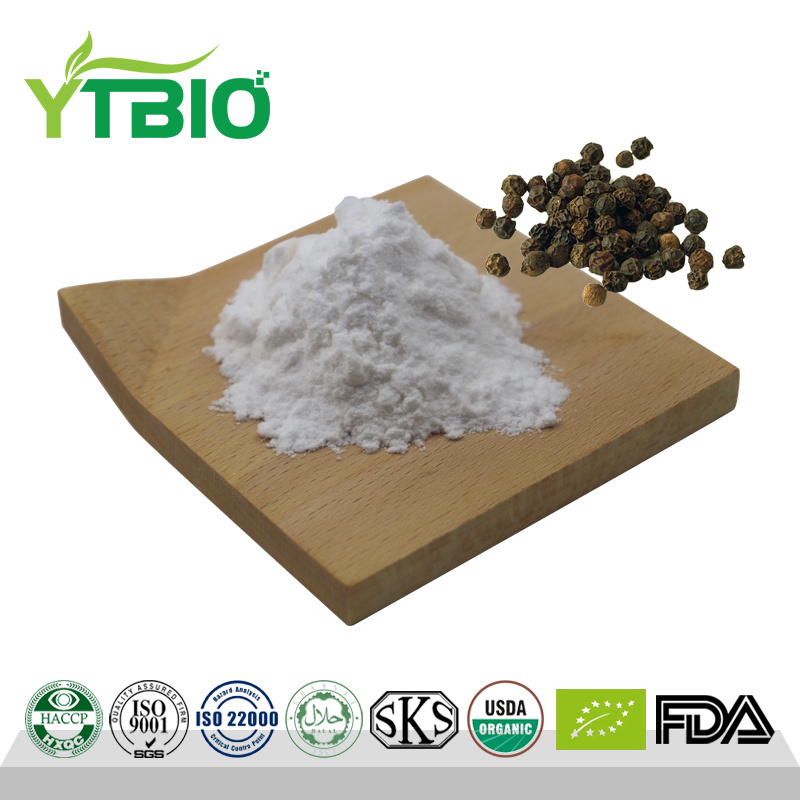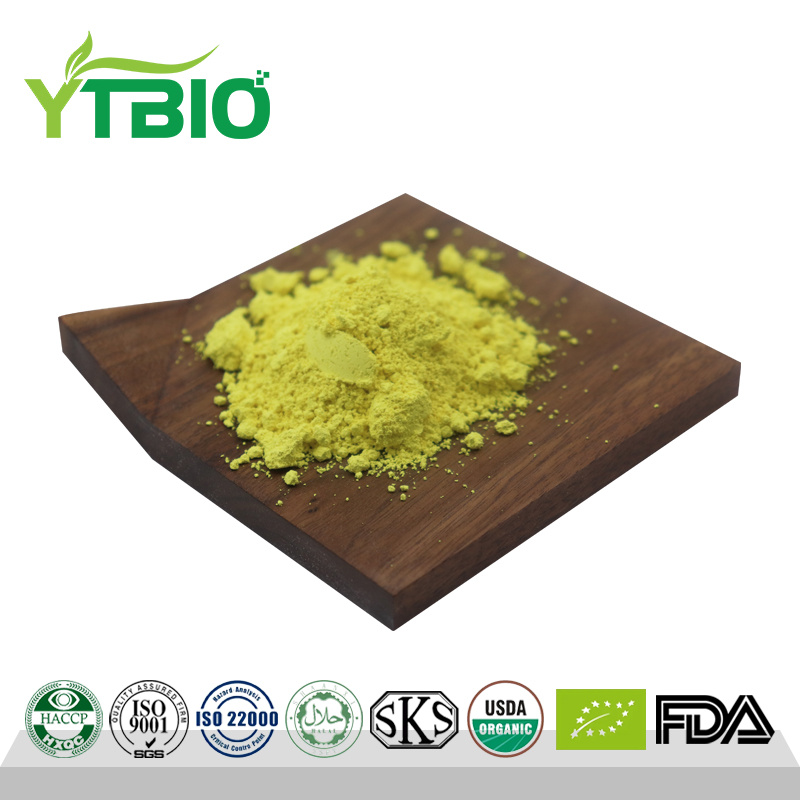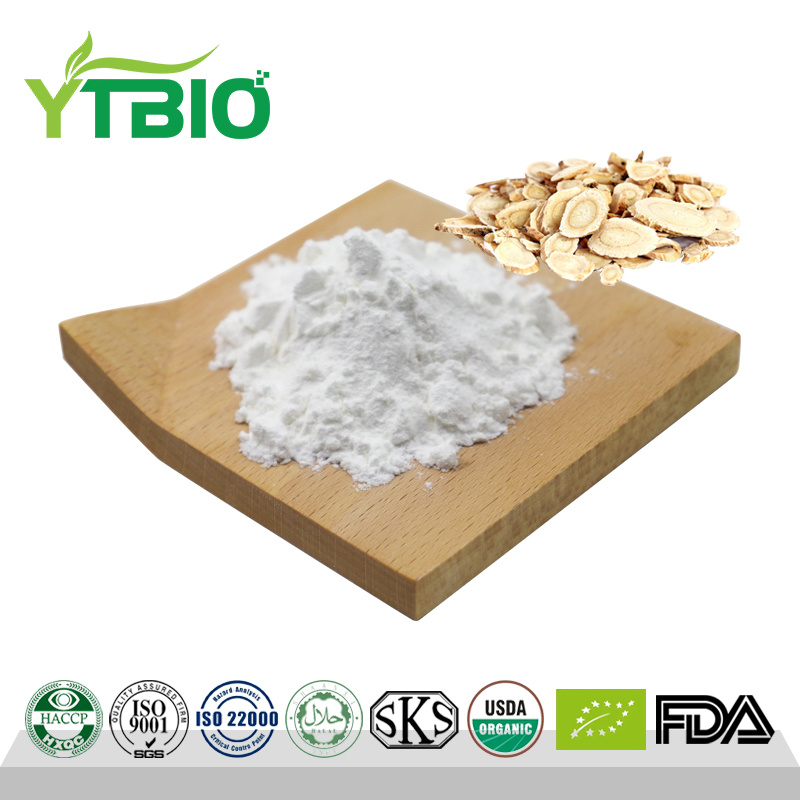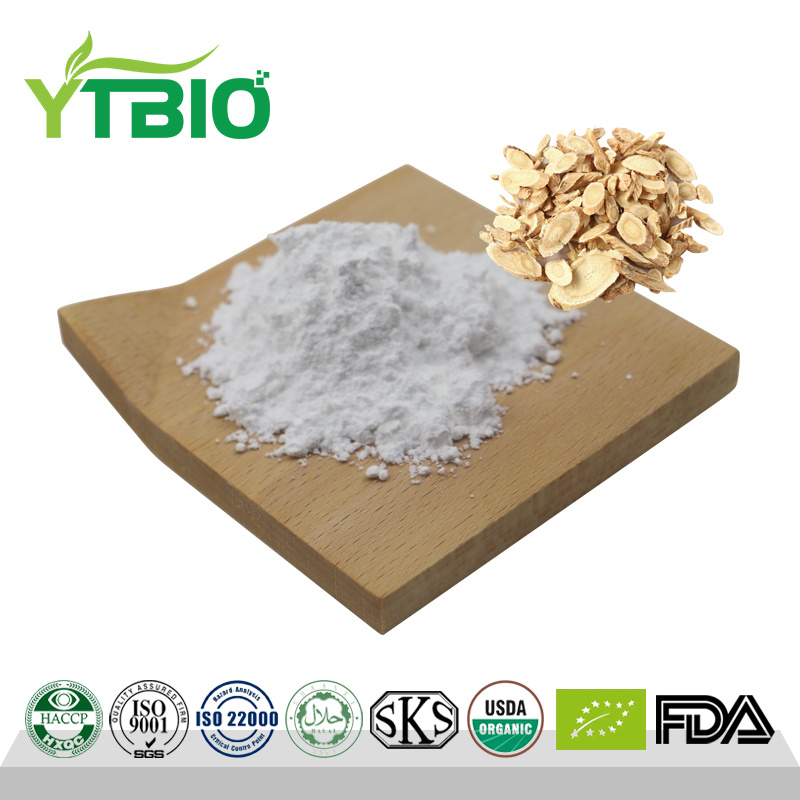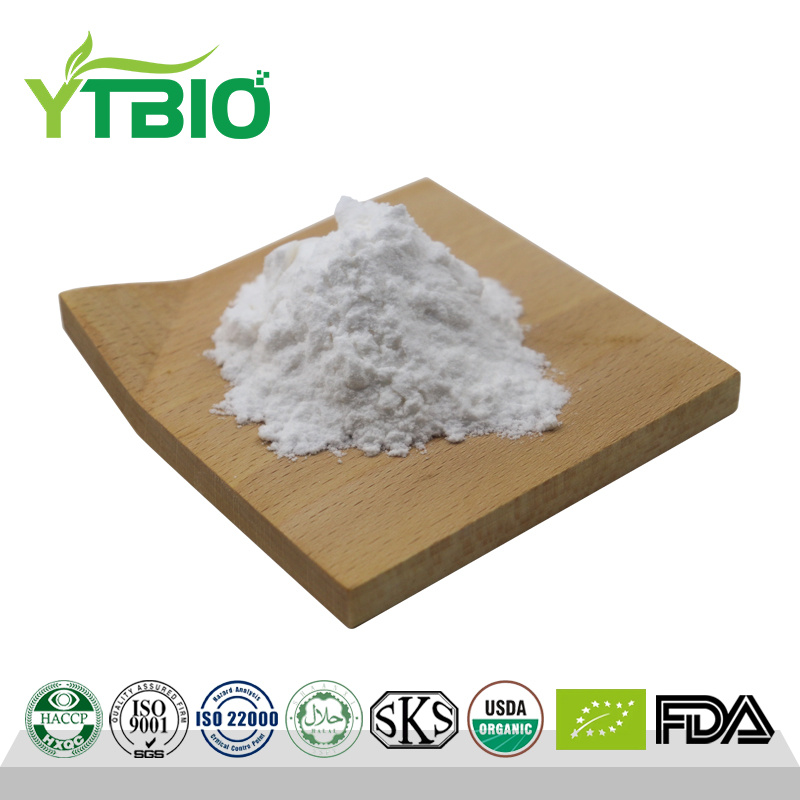High Quality Pure Vitamin K4 Powder
Introduction
Vitamin K4 is an organic compound with the chemical name 2-methyl-1,4-naphthohydroquinone diacetate and the chemical formula C15H14O4. It is primarily used to treat coagulation disorders caused by Vitamin K deficiency and is indicated for the following conditions:
● Malabsorption in the intestine
● Obstructive jaundice
● Chronic ulcerative colitis
● Chronic pancreatitis
Decreased intestinal absorption function following extensive small bowel resection
Long-term use of broad-spectrum antibiotics or intestinal antiseptics can inhibit or kill the normal bacterial flora in the intestines, leading to a reduction in Vitamin K synthesis by intestinal bacteria, thereby causing Vitamin K deficiency.
Mechanism of Action of Vitamin K4
Vitamin K4 acts as a coenzyme for carboxylase and is involved in the synthesis of clotting factors II, VII, IX, and X. The glutamic acid residues on these factors need to form 9-12 γ-carboxyglutamic acid residues to acquire the ability to bind to Ca²⁺, thereby linking to the phospholipid surface and regulatory proteins, making the clotting factors active in coagulation. If Vitamin K4 is deficient or if the epoxide reduction reaction is blocked (e.g., by coumarin antagonists), the synthesis of clotting factors II, VII, IX, and X will be halted at the precursor stage, leading to prolonged prothrombin time and causing bleeding.
Functions and Indications of Vitamin K4
Vitamin K4 is a vitamin-like drug, also known as prothrombin, with active functions of promoting blood clotting and hemostasis. It is one of the essential substances required for cell division and proliferation. A deficiency of Vitamin K4 can affect normal development and lead to abnormal bleeding, slow hemostasis, and impaired coagulation.
Vitamin K4 is indicated for the following conditions:
● Neonatal hemorrhagic disease
● Vitamin K deficiency in breastfed or formula-fed infants caused by diarrhea or other reasons
● Biliary colic caused by cholelithiasis or biliary ascariasis
● Poisoning from rodenticides (requires high doses of Vitamin K4)



